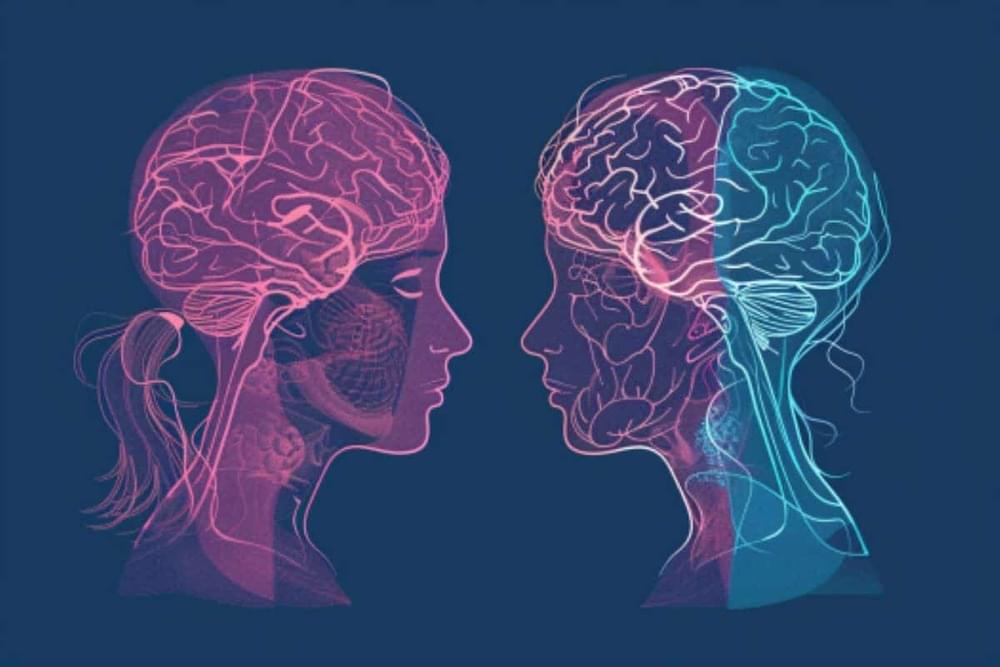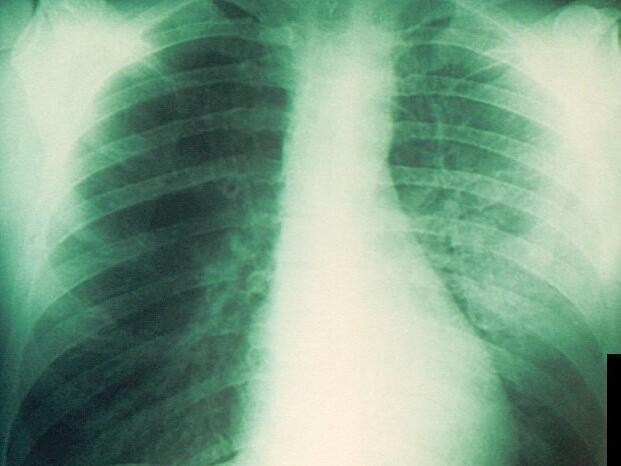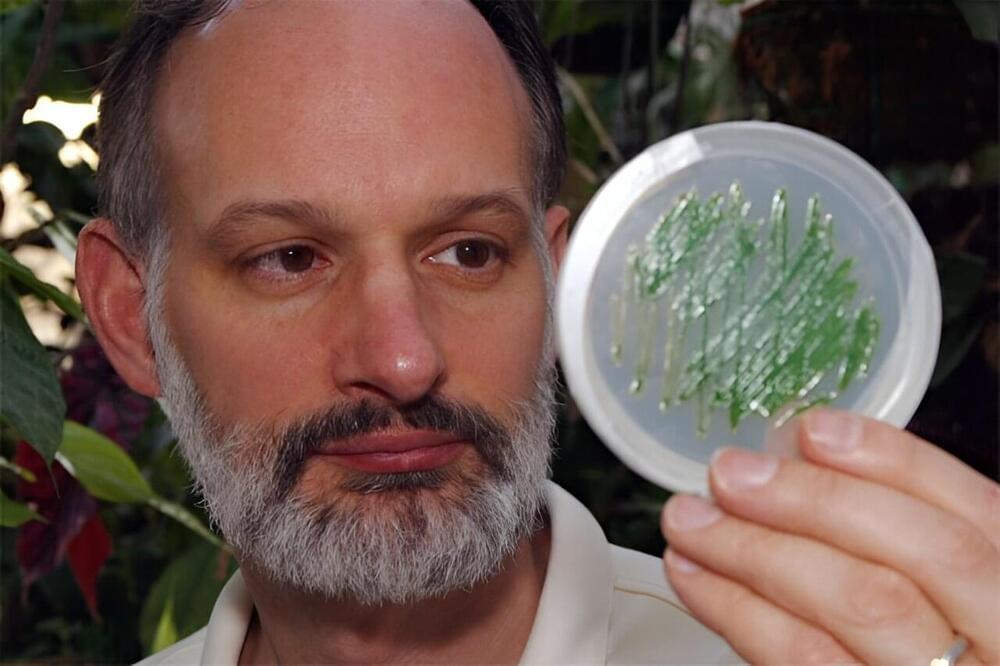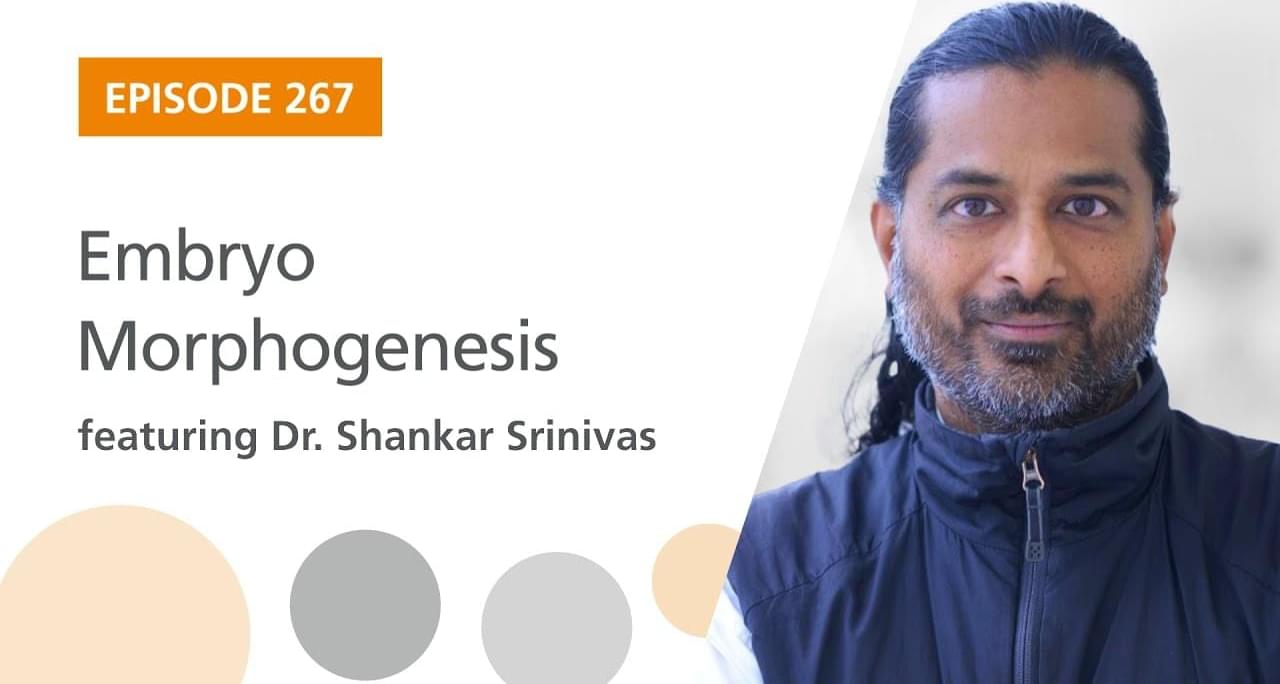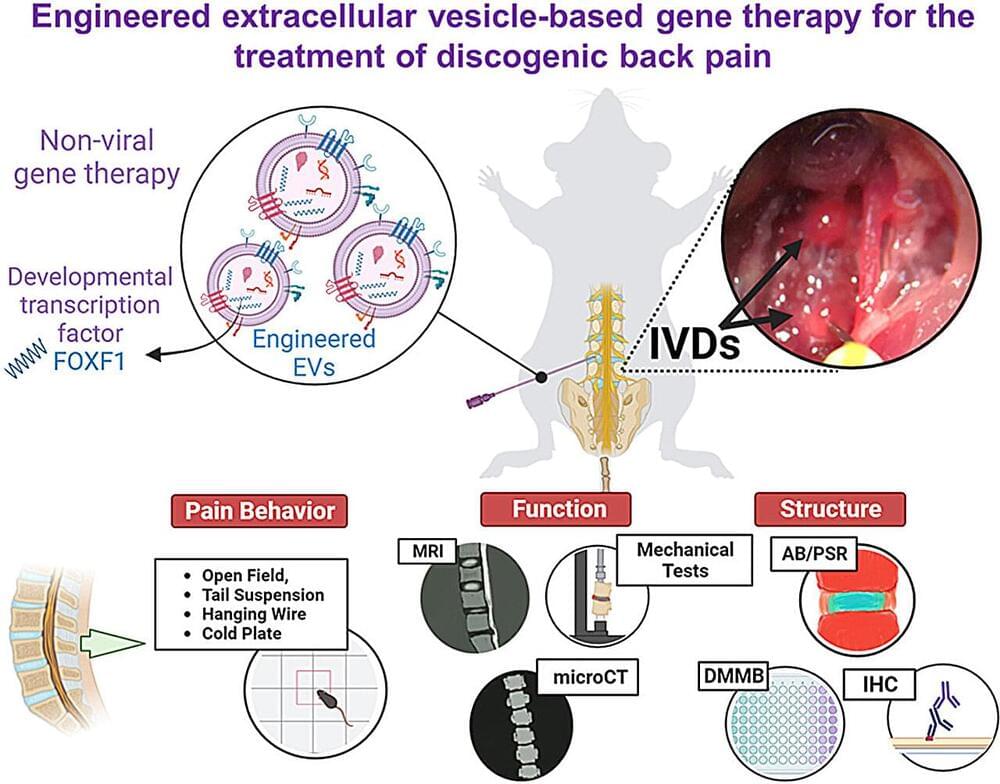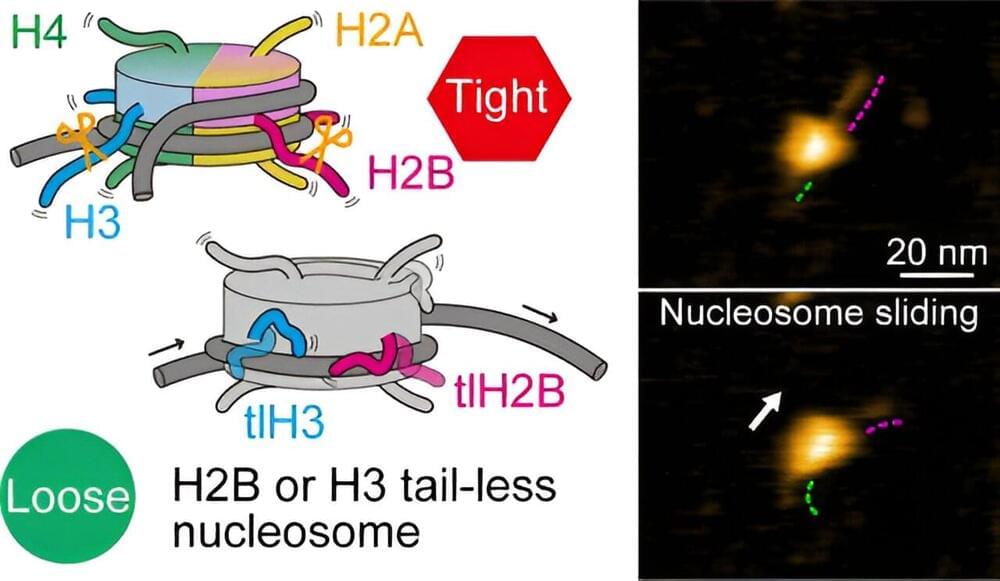
Building a useful quantum computer in practice is incredibly challenging. Significant improvements are needed in the scale, fidelity, speed, reliability, and programmability of quantum computers to fully realize their benefits. Powerful tools are needed to help with the many complex physics and engineering challenges that stand in the way of useful quantum computing.
AI is fundamentally transforming the landscape of technology, reshaping industries, and altering how we interact with the digital world. The ability to take data and generate intelligence paves the way for groundbreaking solutions to some of the most challenging problems facing society today. From personalized medicine to autonomous vehicles, AI is at the forefront of a technological revolution that promises to redefine the future, including many challenging problems standing in the way of useful quantum computing.
Quantum computers will integrate with conventional supercomputers and accelerate key parts of challenging problems relevant to government, academia, and industry. This relationship is described in An Introduction to Quantum Accelerated Supercomputing. The advantages of integrating quantum computers with supercomputers are reciprocal, and this tight integration will also enable AI to help solve the most important challenges standing in the way of useful quantum computing.
